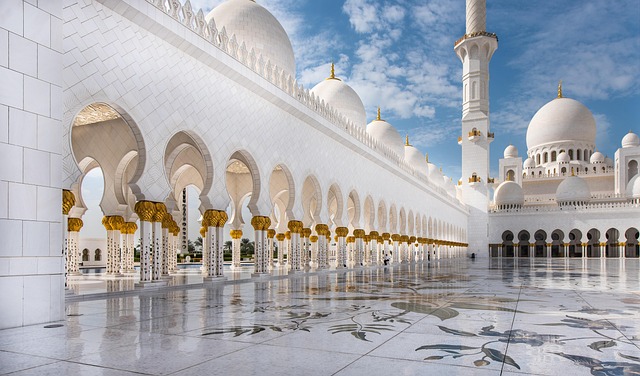Sacred Pathways: Exploring the Concept of Holiness in Religion
The quest for holiness is deeply embedded in the fabric of human existence, transcending cultures and time. Throughout history, various religions have proposed distinct paths towards achieving this sacred state, encouraging adherents to navigate their spiritual journeys with reverence and integrity.
In Christianity, holiness is often viewed as a divine attribute that believers strive to embody. The Holy Bible continually emphasizes the call for believers to be holy, for I am holy” (1 Peter 1:16). This concept suggests that there is an inherent link between faith and moral conduct, pushing followers to cultivate virtues such as love, compassion, and forgiveness. The life of Jesus Christ serves as the ultimate model of holiness, exemplifying how human beings can interact with the divine and live a life that reflects goodness and grace.
On the other hand, in Buddhism, the idea of holiness is less about divine standards and more about personal enlightenment. The journey towards Nirvana is laden with practices aimed at purifying the mind and soul. By engaging in meditation and mindfulness, practitioners strive to rid themselves of attachments and ignorance, thereby achieving a state of spiritual clarity and tranquility. The pursuit of holiness here is a personal endeavor, focused on self-awareness and liberation from the cycle of suffering.
In parallel, the concept of holiness in Islam is intertwined with following the teachings of the Prophet Muhammad and adhering to the Five Pillars of Islam. Muslims believe that living a life in accordance with these principles leads to a heightened sense of divine closeness. Holiness in this context is not only about the individual’s piety but also their responsibility towards community and society. Acts of charity, prayer, and fasting are integral to cultivating this sacred presence in one’s life, embodying both spiritual and ethical dimensions.
Hinduism presents another rich interpretation of holiness. The religion emphasizes the idea of Dharma, representing moral law and a cosmic order. Each individual has their own Dharma, a path that is sacred and unique. Practices such as yoga and rituals serve as means to realize one’s true self and connect with the divine. Here, holiness is woven into daily life, found in rituals, community engagements, and personal reflections that encourage harmony within oneself and the wider universe.
As we delve deeper into these diverse religious perspectives, it becomes evident that the pursuit of holiness is not merely an abstract concept but a profoundly personal journey. Each tradition offers sacred pathways, guiding adherents through their quests for meaning, purpose, and connection to the divine. Despite the differences, a common thread of striving for a holy existence transcends boundaries, speaking to a universal desire for spiritual fulfillment.
In a world often marked by chaos and disconnection, the exploration of holiness within various religions serves as a reminder of the profound and often transformative power of faith. Whether one resonates with the divine narratives of Christianity, the meditative practices of Buddhism, the community-oriented principles of Islam, or the spiritual laws of Hinduism, the call to pursue holiness invites us to embark on our own sacred pathways toward a deeper understanding of ourselves and the world around us.
Celebrating this diversity does not diminish the significance of any one path. Rather, it enriches our collective human experience, echoing the timeless yearning for connection to something greater than ourselves. As seekers of truth and meaning, let us embrace the sacred pathways laid before us, each step bringing us nearer to the essence of holiness.


